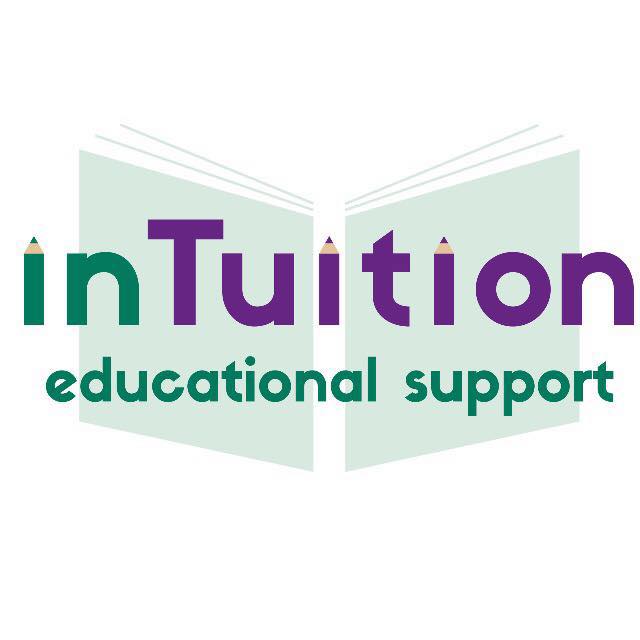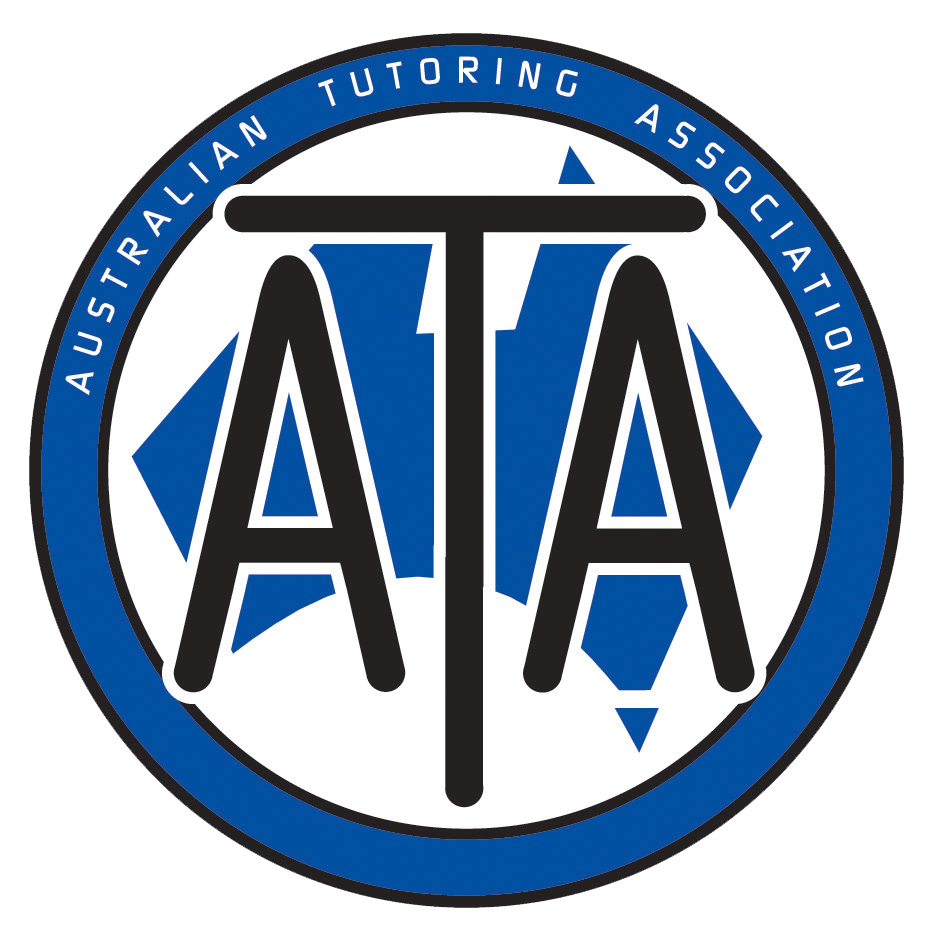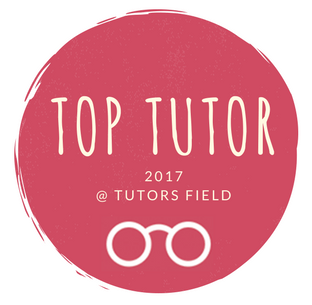Clever Students
Reading Comprehension, Clever Students, and Reading Journals.

Before finishing term two, many aspiring GATE students took a mini-test to assess their progress. Part of the test was reading comprehension. The group showed an improvement in their marks. This was because of three reasons: new in-class work that centred around 'vocabulary building', time spent in class focusing on the strategies of clever students, and encouraging students to start to keep reading journals.
‘Vocabulary building' in class involved defining a series of challenging words and looking at examples of how they could be used. Further exercises included looking up a challenging word's synonyms and antonyms. 'Vocabulary building' is important, because so many comprehension questions test word knowledge, and if a student does not know the word, they will probably put down the wrong answer.
Adopting some of the strategies of clever students can also help improve reading comprehension marks:
Clever students often demonstrate good reading habits. Not reading the same old Andy Griffiths or Harry Potter books but going out of their way to read a wide range of material. Books on human anatomy, crime fiction, news articles, and even science dictionaries!
Clever students also demonstrate a keen interest in discussing what they have read with parents and the tutor or other students. This further develops their understanding by allowing them to hear different perspectives on what they have been reading, and make connections between their reading, their lives, and the world at large.
Clever students also always ask questions when they come across something that they do not understand. For example, in a recent class on the collective nouns of animals, one student asked if "hunters ate leopards?" This then led to a class discussion and that student then volunteered to look it up for homework.
Keeping a reading journal has also been shown to help students obtain higher marks in reading comprehension.
By giving students something to write in, they start to engage in a text more fully. Key pieces of information can be jotted down - like the plot of a story, the ingredients of a recipe, or words that they are unfamiliar with. Later, after they have finished reading, they can go back to their journal, reflect on what they have read, and research it further.
Term three is now upon us. It is important that GATE students continue to improve their marks. In-class work will continue to centre around 'vocabulary building', revisiting the strategies of clever students, and encouraging students to keep and maintain their reading journals.














